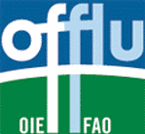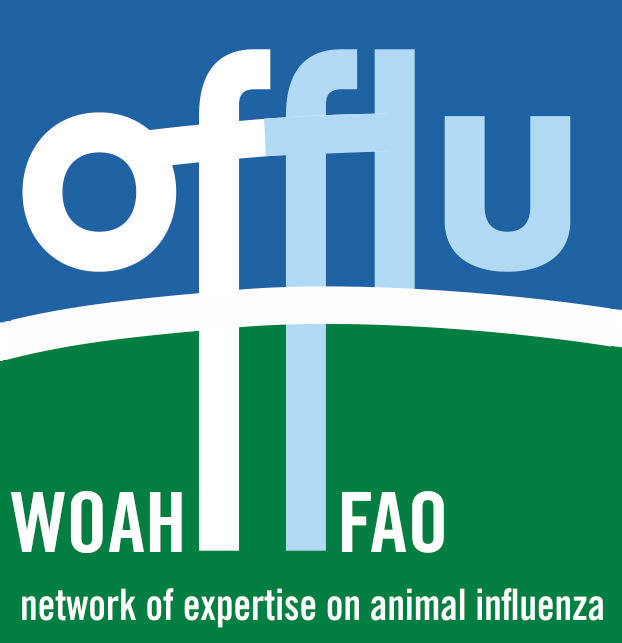
OFFLU position on Material Transfer Agreements (MTA)
A core function of the OIE‐FAO joint network of expertise on animal influenza, OFFLU, is to encourage the sharing of information and biological material within the animal health network and with the public health sector, including officially designated Reference Laboratories and other centres of expertise. This will ultimately lead to the development of better methods for detecting and controlling animal influenza viruses, thus creating benefits for public and animal health.
Rapid sharing and analysis of viruses, viral material, and information is critical for detecting potential emerging influenza threats. OIE and FAO strongly advocate this, and in 2008 at the 76th OIE General Session all OIE Members signed up to an OIE Resolution ‘sharing of avian influenza viral material and information in support of global avian influenza and control’.
The use of Material Transfer Agreements (MTAs) has become increasingly common when biological material is exchanged between and amongst research institutes and diagnostic laboratories. The conditions laid out in MTAs, together with the associated administrative burden, often lead to delays in exchange of material, which can impede diagnostic confirmation and/or further scientific research. Because the results of animal influenza diagnostic tests and research are considered global public goods, OIE and FAO recommend the rapid and effective exchange of material and dissemination of research findings.
Additionally, outcomes from a recent OFFLU technical meeting‐attended by influenza experts from the animal‐health sector across the world including public health representatives‐included consensus that timely sharing of biologic material was a priority and that scientists should rely on professionalism and trust when exchanging data and biological material to ensure that all contributors are acknowledged.
To this end OFFLU proposes to develop an OFFLU‐recommended code of conduct, setting out general principles for the ethical use of animal influenza viruses and for the exchange of viral material and genetic and antigenic information within the OFFLU network and with WHO collaborating centres and reference laboratories, having in mind early preparation of human vaccines when relevant. This can be considered an alternative to a full MTA and can be used on a voluntary basis, in which case, when OFFLU institutes exchange material they may indicate agreement to the terms of the OFFLU‐recommended code of conduct.



